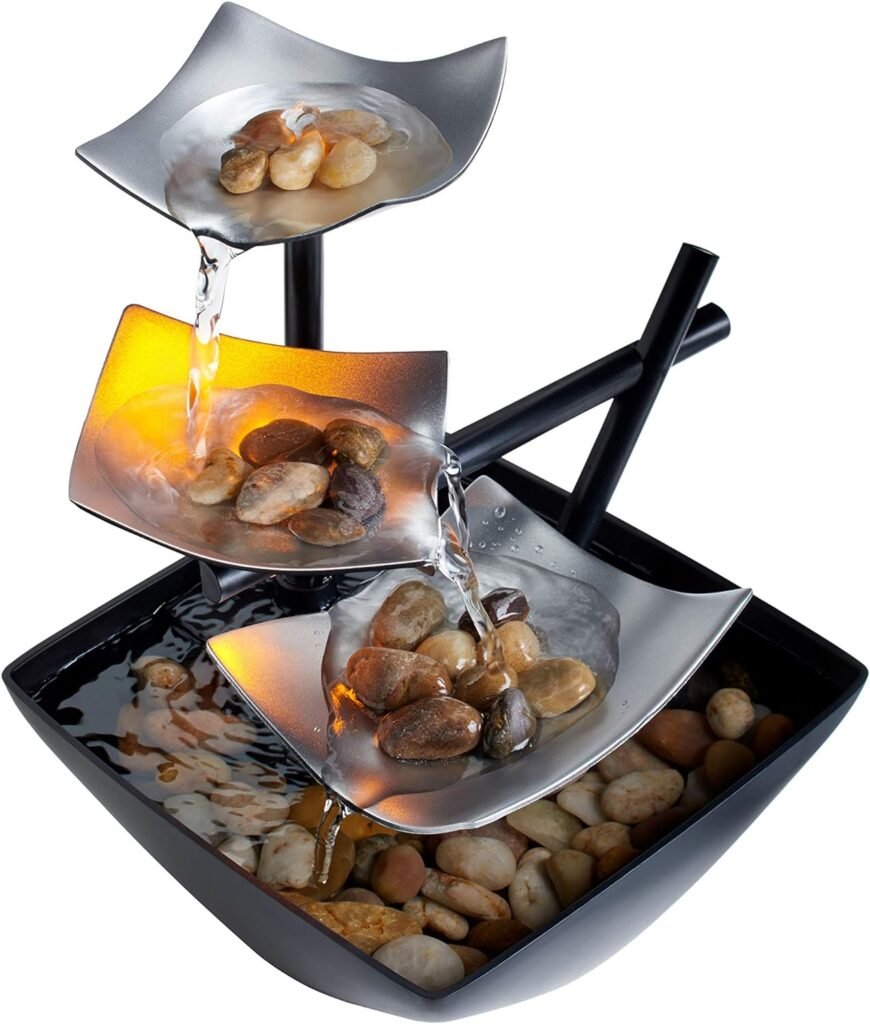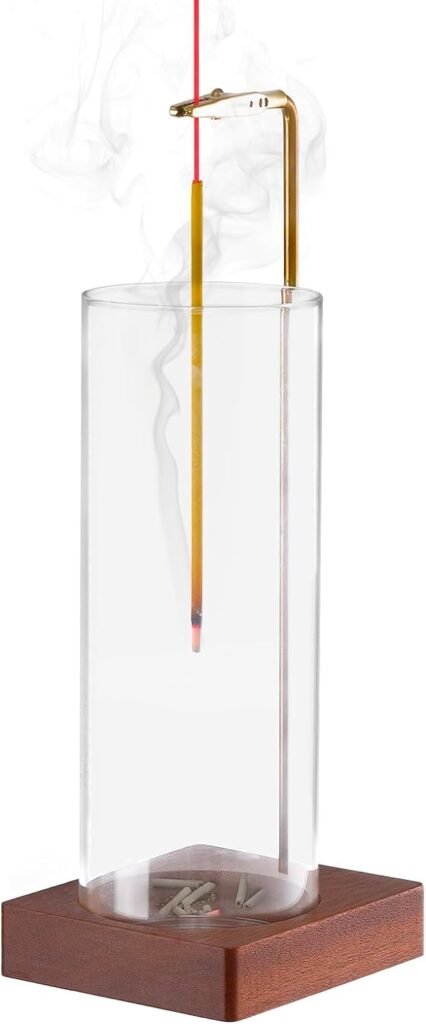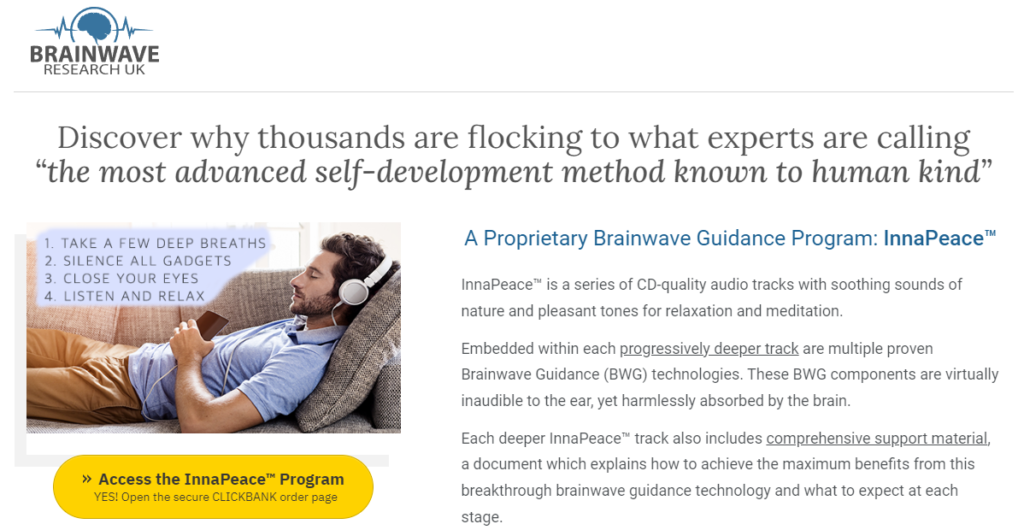Introduction to Meditation and Its Rising Relevance
Meditation, an age-old practice with roots in ancient traditions such as Buddhism, Hinduism, and Taoism, has steadily become a cornerstone of modern wellness routines. Historically, meditation has been utilized as a spiritual and mindfulness exercise, promoting a deep connection between mind, body, and soul. These ancient rituals were often part of religious ceremonies, emphasizing inner peace and enlightenment. Fast forward to today, and the practice has seamlessly blended with contemporary lifestyles, evolving to cater to the burgeoning needs of a fast-paced, modernized world.
The stresses of contemporary life, driven by constant work pressures, relentless technological engagement, and overwhelming social obligations, have created an imperative for mental relaxation techniques. Meditation has emerged as a highly relevant tool in this context, providing a reprieve from the incessant hustle and bustle. As individuals seek balance and mental clarity amidst a torrent of daily responsibilities, meditation offers a sanctuary of tranquility and introspection. It’s not merely a trend but a vital practice to foster mental resilience and overall well-being.
Moreover, the growing body of scientific research underscores the manifold benefits of meditation. These include reductions in stress and anxiety, lower blood pressure, improved concentration, and enhanced emotional health. With these compelling advantages, it is no wonder that meditation is gaining momentum across different demographics and professional fields. From corporate executives aiming to boost productivity to students seeking focus amidst academic pressures, the universal appeal of meditation is palpable.
Thus, the rising relevance of meditation in the modern world is clear. It addresses the urgent call for mental health strategies and meets the demand for sustainable, holistic wellness practices. By carving out moments of stillness and mindfulness in our daily lives, meditation reconnects us with our inner selves, paving the way for a more balanced and harmonious existence.
Creating a Refuge from Busy Life
In today’s fast-paced world, finding a sense of tranquility amidst the chaos can be challenging. Meditation offers a way to carve out a personal refuge, providing much-needed respite from the demands of modern life. Establishing a dedicated meditative space is the first step in creating this sanctuary. Selecting a serene, clutter-free environment is essential; a clean and organized space helps soothe the mind and reduce sensory overload.
Minimizing distractions is another critical aspect. Ensure that your chosen space is free from potential interruptions, whether it be from digital notifications, noisy surroundings, or other household activities. Implement techniques such as noise-cancelling headphones, soothing background music, or even a small water fountain to mask disruptive sounds. It’s also beneficial to communicate with family members or housemates, setting clear boundaries about your meditation time to ensure you are not disturbed.
Consistency and dedication are paramount in building and sustaining this meditative refuge. Incorporate regular ‘me-time’ into your daily schedule, preferably at the same time each day, to establish a routine. This not only helps in creating a habit but also signals to your mind and body that this is a time for relaxation and introspection. Such regular practice can lead to profound improvements in mental clarity and emotional stability.
Setting boundaries is equally important to maintain the sanctity of your meditation practice. Designate specific times for work, social interactions, and self-care. This compartmentalization ensures that neither work nor social obligations infringe upon your meditation time. Over time, this disciplined approach fosters a sustainable environment where your meditative practice can flourish, providing lasting psychological and physical benefits amidst the bustle of everyday life.
The Role of Relaxation for Mental and Physical Health
Meditation has gained recognition as an influential practice for achieving relaxation, positively impacting both mental and physical health. Scientific research indicates that regular meditation can significantly reduce stress levels. For instance, a study conducted by Harvard Medical School revealed that meditation elicits the body’s relaxation response, resulting in lower levels of cortisol, commonly known as the stress hormone. This reduction in cortisol levels translates into diminished anxiety and a calmer, more balanced mental state.
Meditation also plays a critical role in moderating blood pressure. The American Heart Association has pointed out that mindfulness meditation can result in modest reductions in systolic and diastolic blood pressure, enhancing cardiovascular health. The practice promotes a state of restfulness that counters the body’s stress-induced fight-or-flight response, consequently relieving pressure on the heart and circulatory system.
Beyond stress reduction and blood pressure management, meditation fosters an overarching sense of well-being. Engaging in mindfulness exercises, deep-breathing techniques, and guided imagery can help cultivate a tranquil mind. This sense of peace is not merely subjective; it has a physiological basis. Regular meditative practices are associated with increased production of serotonin and endorphins—neurotransmitters that elevate mood and promote happiness.
Various meditation techniques cater to different levels of experience and time commitments, making it accessible for everyone. Beginners may start with mindfulness meditation, which involves simple practices focusing on the breath and bodily sensations. Deep-breathing exercises are another effective method, promoting relaxation by stimulating the parasympathetic nervous system. For those requiring more structured guidance, guided imagery involves a narrator leading the meditator through calming scenarios, aiding in mental and physical relaxation.
By integrating these meditation techniques into one’s daily routine, individuals can experience transformative health benefits. These practices not only alleviate the symptoms of stress and anxiety but also provide a sustainable pathway toward achieving holistic well-being.
Practical Tips for Incorporating Meditation into Daily Life
Integrating meditation into daily life can seem daunting at first, but with strategic planning and determination, it becomes a rewarding part of your routine. For beginners, the journey often starts with finding the time in busy schedules. One practical tip is to start small. Allocate just five minutes each morning or evening, gradually extending the duration as you become more comfortable. Consistency is key, so try to meditate at the same time each day to solidify this habit.
Choosing the right type of meditation is also crucial. Whether it’s mindfulness, transcendental, or guided meditation, select a practice that resonates with you. Experimenting with different forms can help determine which best aligns with your lifestyle and mental state. Numerous apps and online resources, such as Headspace, Calm, or Insight Timer, provide guided sessions that cater to all levels—from beginners to seasoned practitioners.
Setting realistic goals is essential for sustained practice. Start with attainable objectives, such as meditating for five minutes a day for a week. As you become more comfortable, gradually increase the time and set new goals. This incremental approach helps build confidence and ensures that meditation remains a manageable and enjoyable part of your life.
Common obstacles, such as difficulty focusing or lack of time, are normal and can be overcome with practice and patience. To address focus issues, try to meditate in a quiet space away from distractions. Should skepticism or doubt arise, remind yourself of the science-backed benefits of meditation and stay committed to experiencing its long-term advantages.
Incorporating meditation into daily life is a journey that requires patience, dedication, and an open mind. With these practical tips, you can seamlessly integrate meditation into your routine, ultimately gaining the numerous benefits it offers for mental, emotional, and physical well-being.




